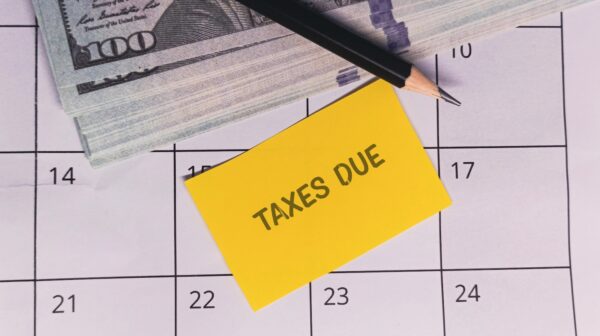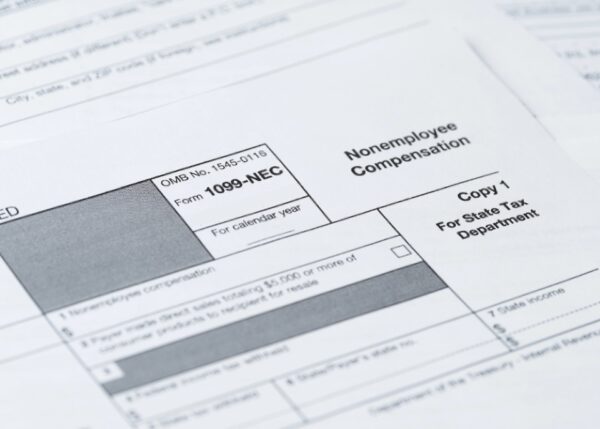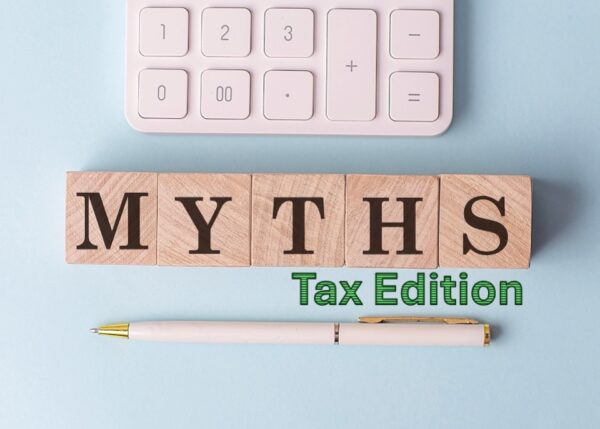On a recent episode of Beyond Bitewings, we tackled some of the most common—and occasionally amusing—questions we receive from dental practice owners. The main focus is on a hot topic: vehicle write-offs. Let’s break down the conversation and explore what you need to know before deciding to write off that new ride.
Can I Deduct My New Car Purchase?
One of the most frequently asked questions we get from dental practice owners is whether they can write off a newly purchased vehicle. The answer, as with many things in tax law, is “it depends.”
- Business Use Matters: For a vehicle to qualify for a deduction, it must be used primarily for business purposes—at least 50% of the time. This usage ratio is crucial. If your dental practice requires you to travel between multiple locations or regularly transport supplies, you might be in luck. However, if your business use is less than 50%, you may only be able to deduct a portion of the expenses, such as through the mileage rate.
- Vehicle Type Counts: The type of vehicle also influences how much you can deduct. Heavier vehicles, those weighing more than 6,000 pounds, may qualify for more significant deductions under the Section 179 rule, but again, their primary use must be business-related. Your typical compact car used mainly for commuting? Not so much.
- Beware the Sales Pitch: One of the most significant points raised was a caution against taking tax advice from your car salesperson. While they may claim that you can write off your new car purchase, the reality is more nuanced. Factors such as income limitations, vehicle weight, and business use percentage all play a role in what can actually be deducted. In other words, don’t let a good sales pitch lead you to believe you’ll get a tax break that doesn’t really apply to your situation.
The Changing Landscape of Business Travel
Another interesting takeaway from the episode is how the traditional use of vehicles for business purposes has shifted. Gone are the days when dental practice owners would need to drive to the bank, post office, or even Continuing Education (CE) events. With everything now accessible online or delivered to your doorstep, justifying business mileage for these activities is much harder.
What About the EV Credit?
In recent years, many dental professionals have shown interest in electric vehicles, partly due to the potential for a federal tax credit. However, Lorraine Kent, tax manager at Edwards & Associates, points out that high-income earners—like most dentists—often don’t qualify for the electric vehicle (EV) credit due to income limitations. So, before you sign on the dotted line for that new Tesla, be sure to consult with your tax advisor to see if you’re eligible for the credit.
Gifts and Incentives: Tread Carefully
In another part of the discussion, the team addressed the issue of gifts. Say you want to reward your top-performing associate with a nice gift—perhaps a Rolex. You might think this is a great way to show appreciation, but the IRS has different ideas. Business gifts are generally limited to $25 per person per year. Anything above that has to be reported as wages, which means it’s subject to payroll taxes. So, while a luxury watch might seem like a generous gift, it could complicate your tax situation significantly.
The Bottom Line
Vehicle write-offs and other deductions can be valuable, but only if they’re handled correctly. As a dental practice owner, it’s crucial to have a trusted advisor who can guide you through these complex issues and help you make the best decisions for your practice. If you have questions or need help understanding what’s deductible and what’s not, don’t hesitate to reach out to the team at Edwards & Associates. We are here to help you navigate the financial intricacies of your dental practice with clarity and confidence.
For more information on tax strategies tailored to dental practices, check out other pages on our website and listen to the full podcast episode on Beyond Bitewings. Stay tuned for more insightful discussions on managing the business side of dentistry!




